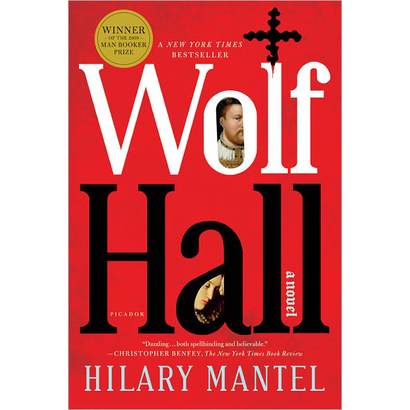Day nineteen and the poop’s hit the fan.

Here’s a woman looking shocked, because that’s probably more palatable than a picture of some shit and a fan.
Image source
The poop’s hit the fan in sort of a good way (if poop hitting a fan can ever be good). But I’ve got to a take a big, deep, gulp of a breath before I go on, because:
Last night, rather unexpectedly, part one came, splat, crash, bang to a sudden and unexpected end. (Did I mention it was unexpected?) Somebody hijacked the scene (I will say no more because: spoilers), and just plain stole another character’s Big Moment from under his nose.
And now, and now, I have no option but to move on to part two.
If you’ll allow me a teeny tiny primal scream @!*(%&£*@(!*$)£$£)%^&^*^!!!)*(£*$&% before we move on, part two has a change of voice. A change of person, or narrative mode, or whatever you prefer to call it. ‘Third person close’ is my comfort mode, where the slippers and blankie and chocolates are kept. First person (for me) is the writing equivalent of the hospital appointment I’ve got this afternoon (my second this week; how did that happen? Side note: do hospitals mind people tapping away on their laptops while they’re waiting? I am very slightly scared of medical receptionists and do not want to get told off). How could a narrative mode be a hospital appointment, I hear you ask? Because hospital appointments are niggly and worrying, and I’m just a bit niggled and worried about such an enormous change of voice.
Here’s where NaNoWriMo works its magic: if this was any other month than November, I might kick back for a couple of days… a week… a month… a decade… with my butt gently resting on The Laurels of having completed part one (and I use ‘completed’ in the ‘incomplete’ sense of the word, because I already have a list of 5 scenes I’ll have to go back and add later). But this is no ordinary month! This is National Novel Writing Month. Laurels be damned. I have got to start writing the next bit immediately, now, when the iron’s red hot and the tea’s still warm and the story is still fresh in my mind. And this is A Good Thing™ because, too often before, whilst luxuriating on my Laurels, I’ve let go of the story. *Searches for an analogy; realises she hasn’t had breakfast yet; comes up with this.* I’ve let my Story Toast go cold, and when I finally come to spread it and eat it the butter doesn’t sink in properly and the bread is slightly less crisp than a car tyre.
Top tip of the morning to ya: Don’t let a story go cold. Seriously, don’t. If you can possibly help it. *Searches for an analogy; has no idea (Freud, where are you?) why she comes up with this one.* In this respect (and this respect ONLY), a novel is like a testicle: it crawls back up when it’s cold.
But I’m being a tad dramatic (and icky). I’ve already written a chunk of part two (see here for a nouvelle-cuisine sized extract), so it isn’t as massively daunting as it might otherwise be – but it’s still a huge sea change after 36 thousand and something something words in third person. Will it irritate the hell out of readers who’ve spent 36 thousand and something something words with one character, Liddy, to discover we’re moving on? (Sort of.) Very possibly. Enormous SIGH. But the book hasn’t even been written yet, let alone read by anyone, let alone accepted by an agent, let alone bought by a publisher, let alone published – so I say to myself: FEAR NOT, write it anyway, write the book as you want it to be, and worry about the one-star reviews if and when anyone but yourself ever reads it.
Wander by Amazon’s Wolf Hall page and have a look-see at the kicking that Hilary Mantel’s Booker-winning tome receives on a regular basis, and remind yourself that you can’t ever please all the people, etc etc, so pleasing yourself is a good place to start. No? (Now I have to curtsey, doff my cap, and lightly flog myself with something made of birch for daring to write of my own paltry efforts in the same breath as mentioning Wolf Hall.)


















